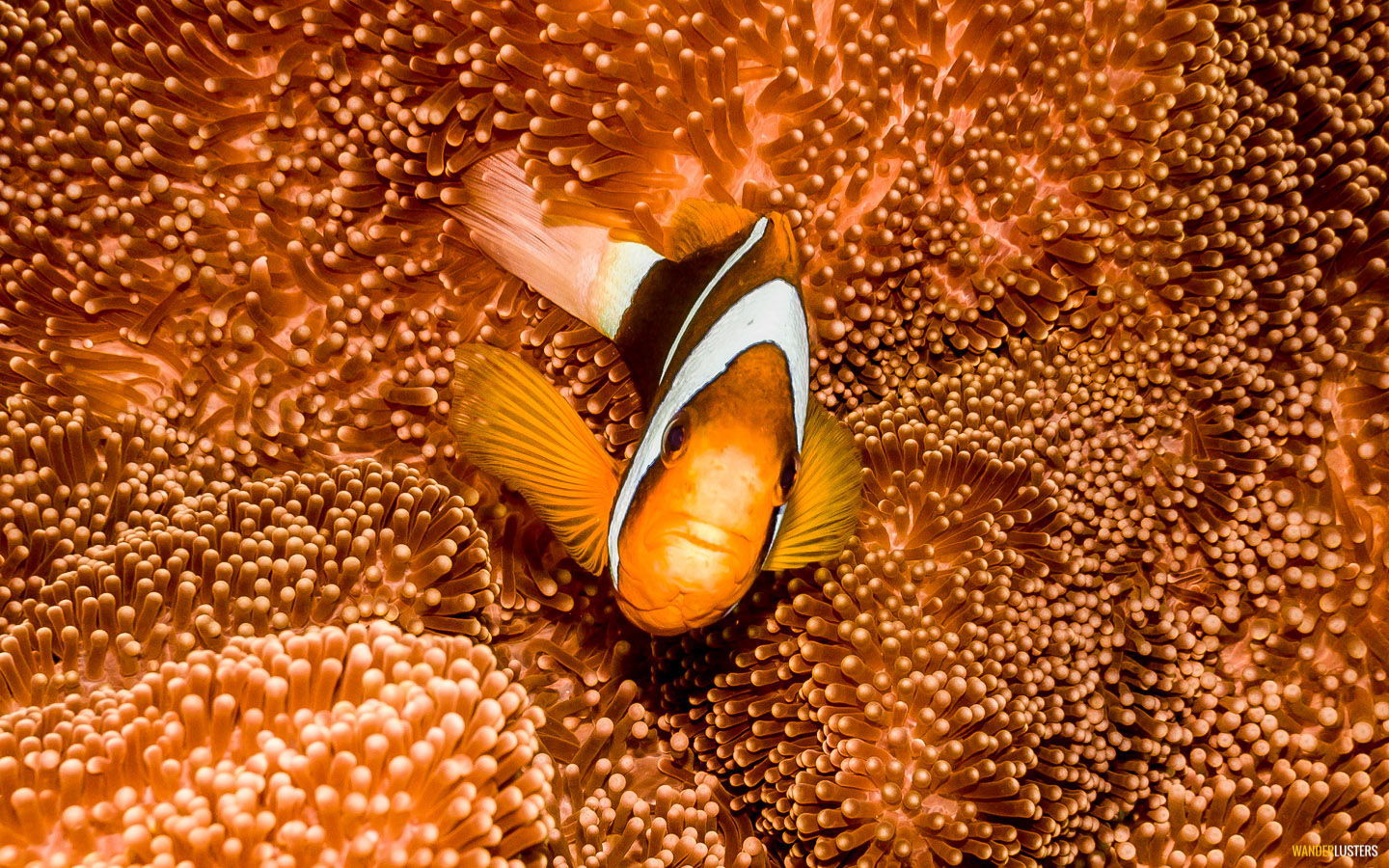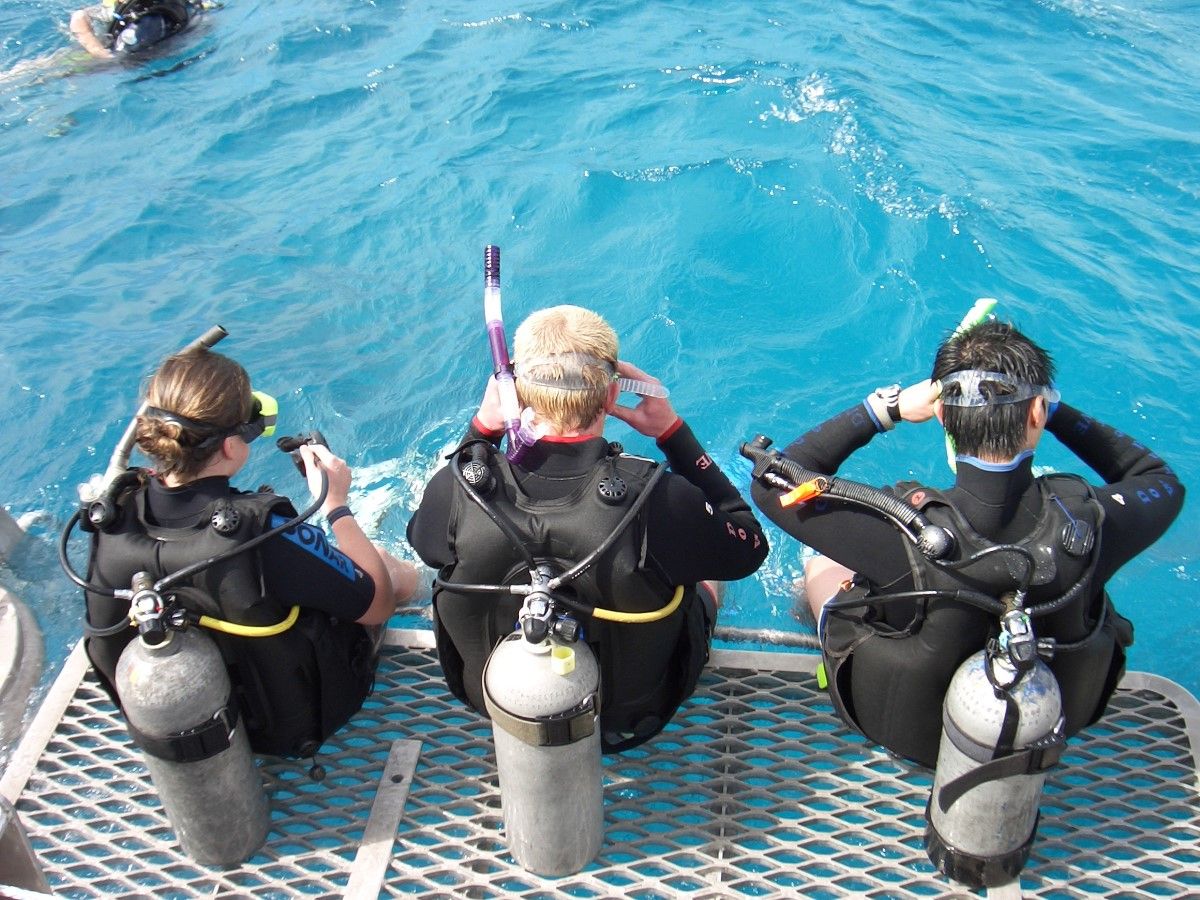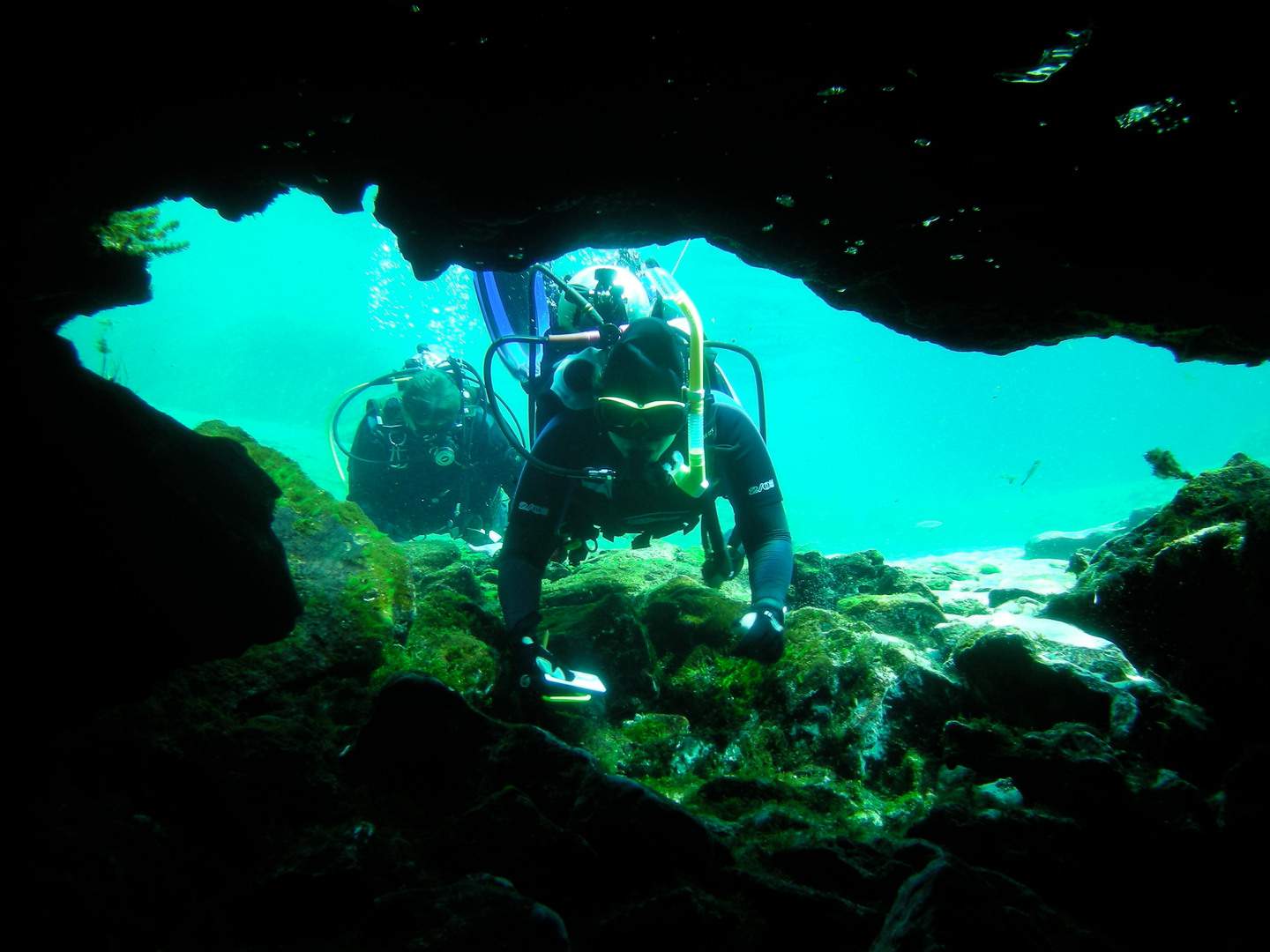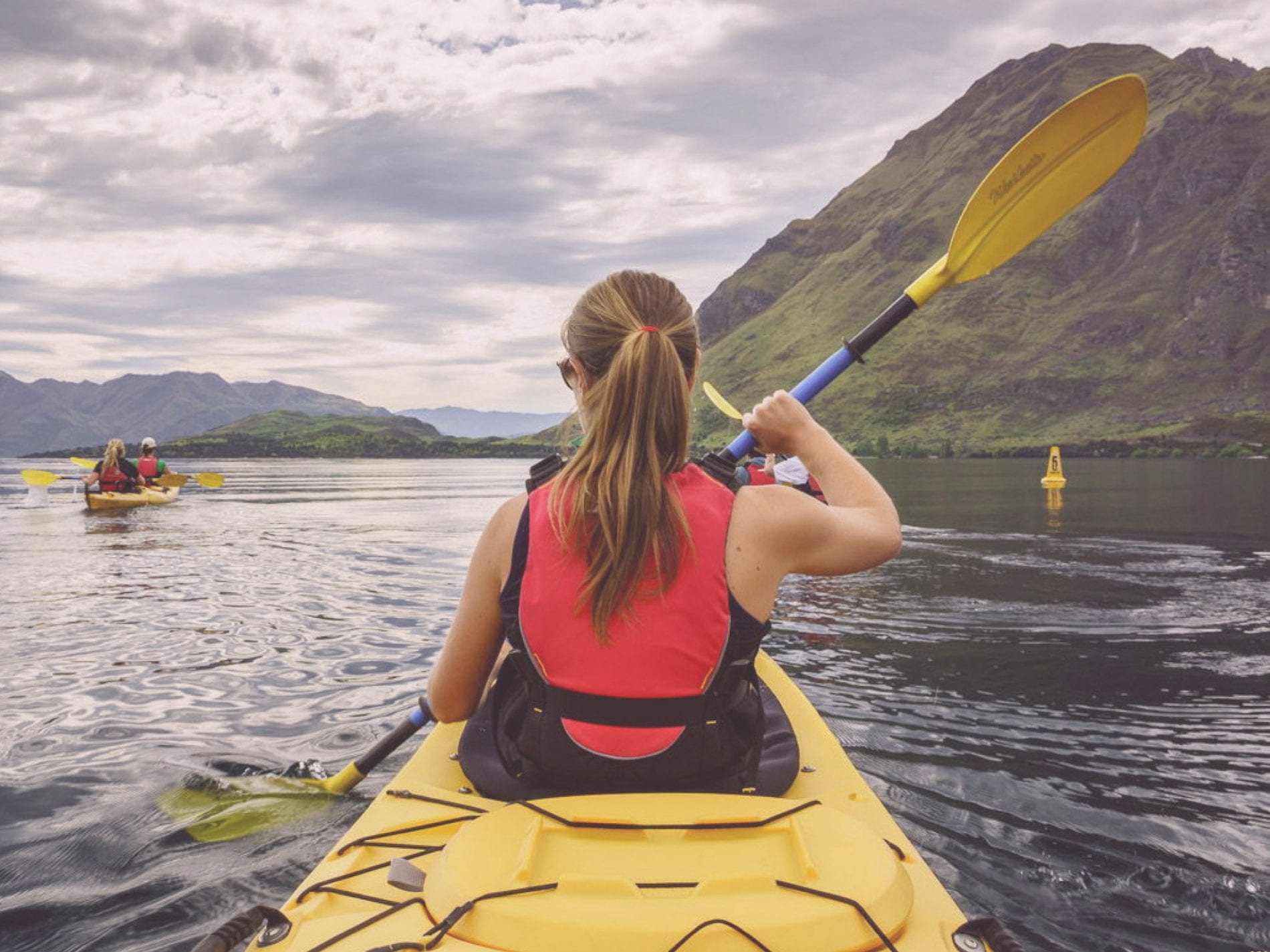If you’re a certified scuba diver, chances are that you will have heard the following phrase at some point throughout your dive training.
Take only photographs and leave only bubbles.
Much like the world above the shoreline, the marine environments that comprise 71% of our earth are sensitive to the subtle changes brought about by a human presence.
With the most popular dive sites receiving a daily stream of visitors, it is down to those who explore the underwater world to ensure its preservation for future generations.
THE DIVING CONSERVATION CODE
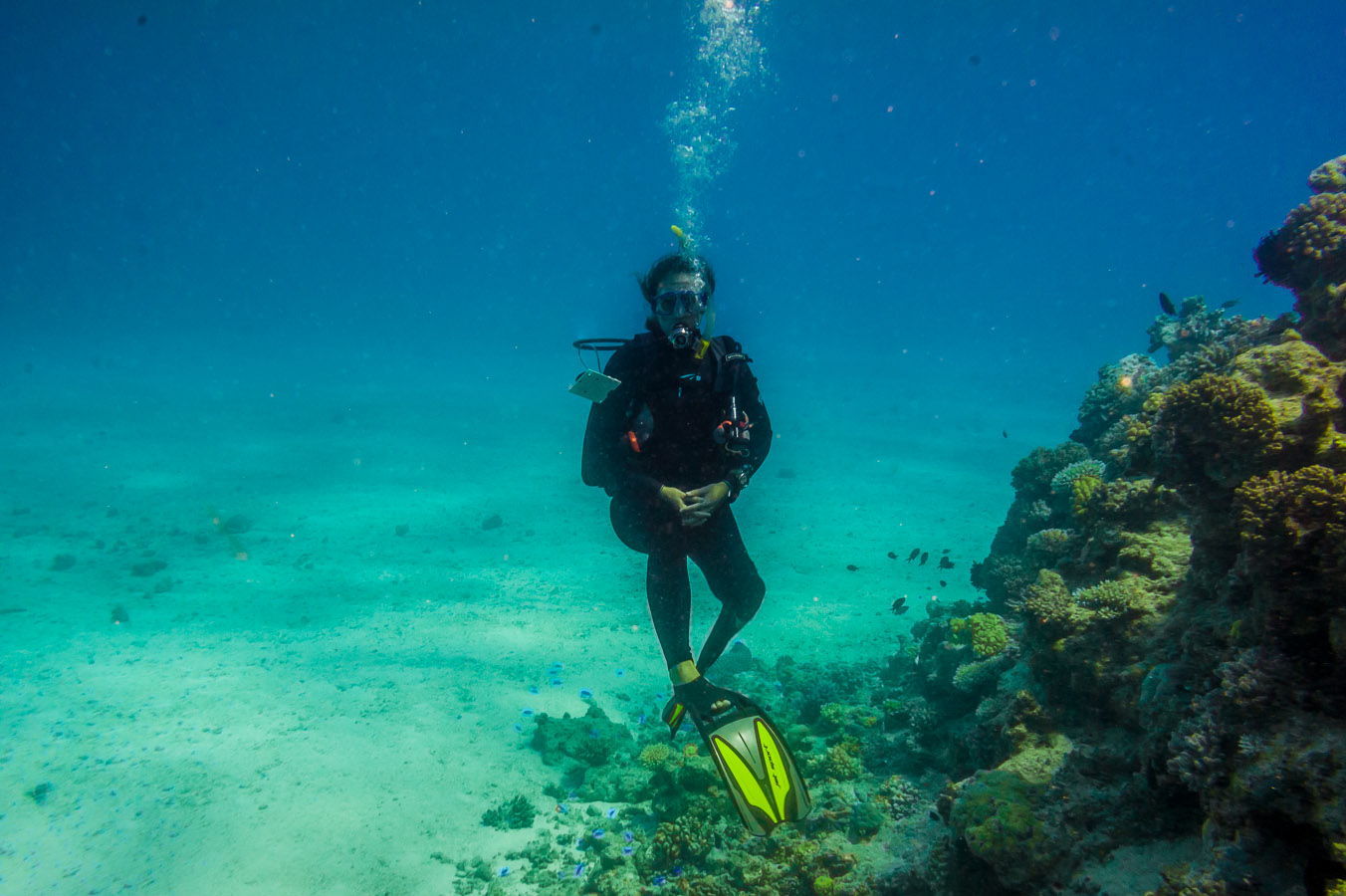 Credit Benjamin Jones
Credit Benjamin Jones
As ambassadors of the marine kingdom scuba divers have a responsibility to protect the aquatic landscapes they explore. We are the privileged few who have been initiated into this alien world. We have seen the majestic giants of the deep and colourful inhabitants of the shallows.
Being a responsible diver is the key to protecting our vast oceans, and taking the concept of ethical dive travel into your own hands is the only way to reduce the impact your underwater adventures will have on the fragile marine world.
CHOOSING A RESPONSIBLE DIVE OPERATOR
One of the best ways to preserve the marine environment when you dive is to utilise an operator that actively negates the impact their excursions have on the sites they visit. Prior to booking inquire as to whether they are concerned with the protection of the seabed, recycle their waste and waste water, and utilise marine buoys instead of anchoring.
Ask for information about their dive requirements; do they restrict the wearing of gloves, manage divers in the water and correct poor dive practise?
Inquire about the local ecosystems that you will see when you join them to dive. If an operator is unable to discuss the nature of the marine scape you’ll be diving, chances are they’re not concerned with its protection.
Find out their policy on feeding. Attracting marine life with bait disturbs the delicate balance of life at the dive site and can lead to a change in natural behaviour. In the case of shark diving, it is recommended not to dive with operators who bait sharks with chumm.
Choose operators who charter small groups. Diving in a big group adds risk to both those diving and the environment.
RESPONSIBLE SCUBA TRAVEL
There are a number of considerations that dictate sustainable dive practise.
#1 // An unhealthy diver is an irresponsible diver. Maintaining a good level of fitness allows you to actively manage your dive profile, streamline your body in the water and reduce the risk of damage to the surrounding environment through bad buoyancy control.
#2 // Managing your dive profile – making sure you are weighted correctly and able to manage yourself at depth – serves to assist in reducing the impact you have on the dive site.
#3 // Make it a habit not to touch anything when you dive. Do not collect shells, hold onto coral to steady yourself – use your buoyancy control instead – or take live marine life. If everyone removed these items from the seabed, there’d soon be little reason to scuba dive as nothing would remain.
#4 // Never throw anything overboard, even organic matter can have a negative effect on the seabed and its inhabitants. Secure your equipment before you enter the water and avoid leaving anything behind when you exit.
#5 // Ensure that your entry into, and exit from the water is away from shallow reefs. If diving atop shallow reefs be mindful of your fin kicks and the likelihood of being caught by the swell and forced onto the fragile coral.
#6 // Collect any litter you find on your dive. Remove fishing line, hooks and debris from the seabed and reduce the risk of damage to marine life.
#7 // Do not torment or harass marine life.
HOW TO ENSURE YOU ARE A RESPONSIBLE DIVE TRAVELLER
#1 // Conserve fresh water, it is the most valuable commodity on earth.
#2 // Boycott restaurants that serve endangered marine species or species caught using destructive and inhumane methods.
#3 // Support the local economy and explore outside your hotel and dive resort. However, while it is important to support local industry do not purchase souvenirs made from objects taken from the seabed.
Sadly the one area where divers can do little to ensure sustainability is the physical act of travel. Jetting around the world to exotic dive sites, remote coral reefs and sunken wrecks requires the burning of fossil fuels and this is just not responsible or sustainable. Try to reduce your carbon footprint by diving locally where possible, choosing to shore dive and omitting lengthy travel stints to dive internationally.
Do you follow the conservation code when you scuba dive? Share your comments with me below.

